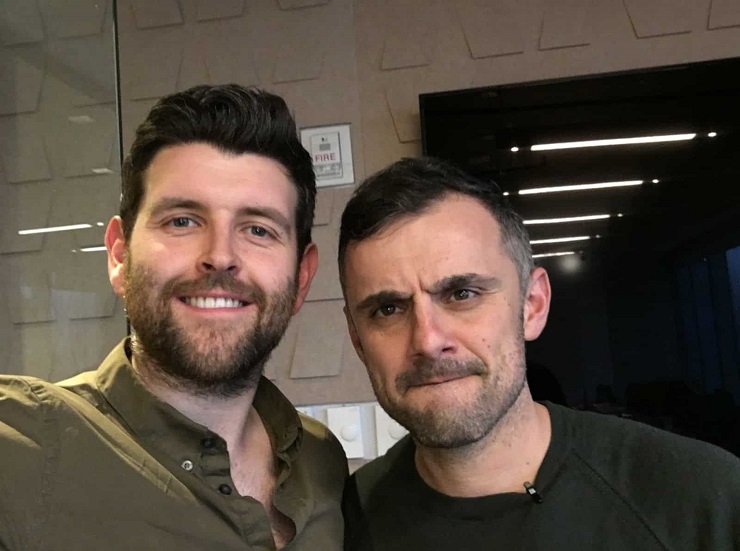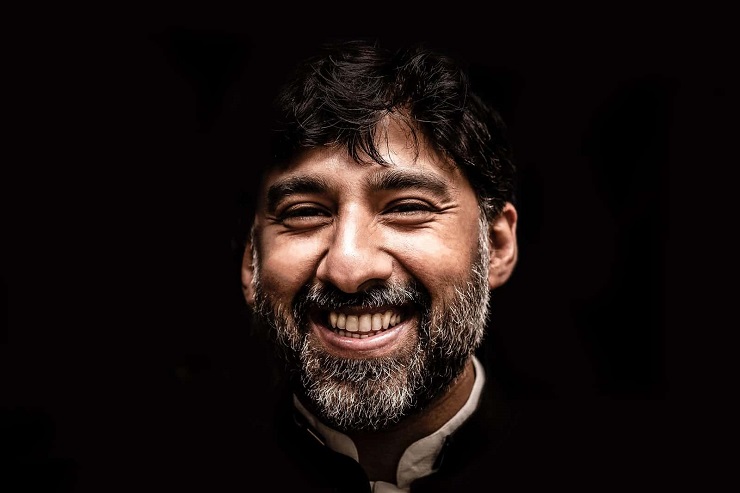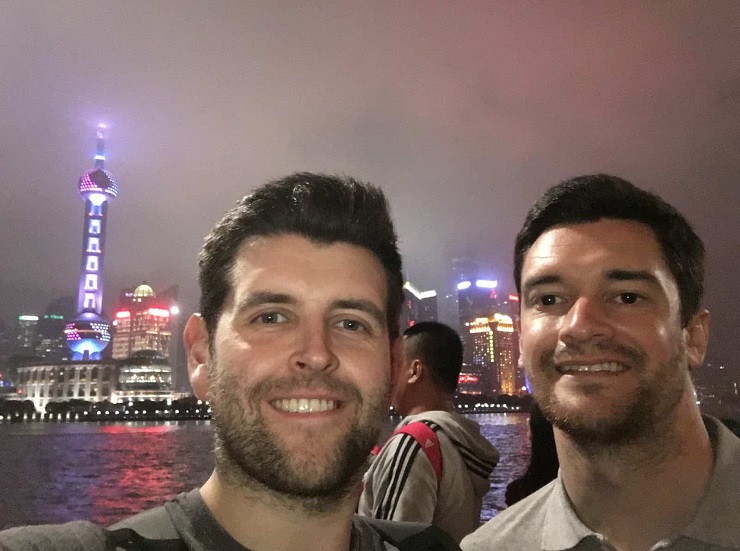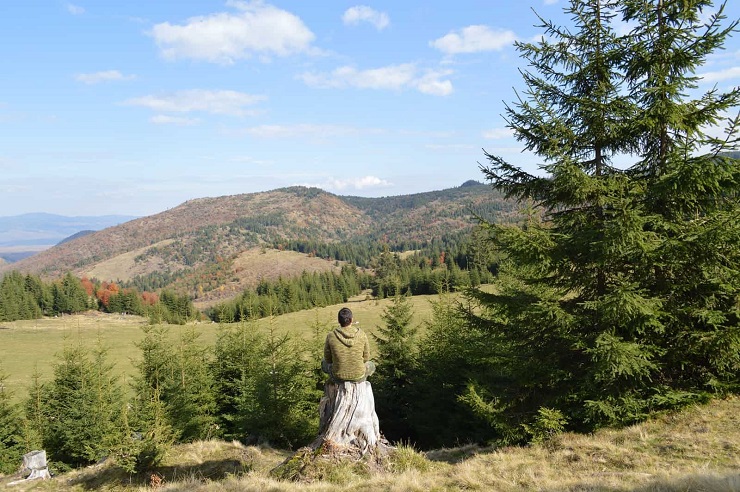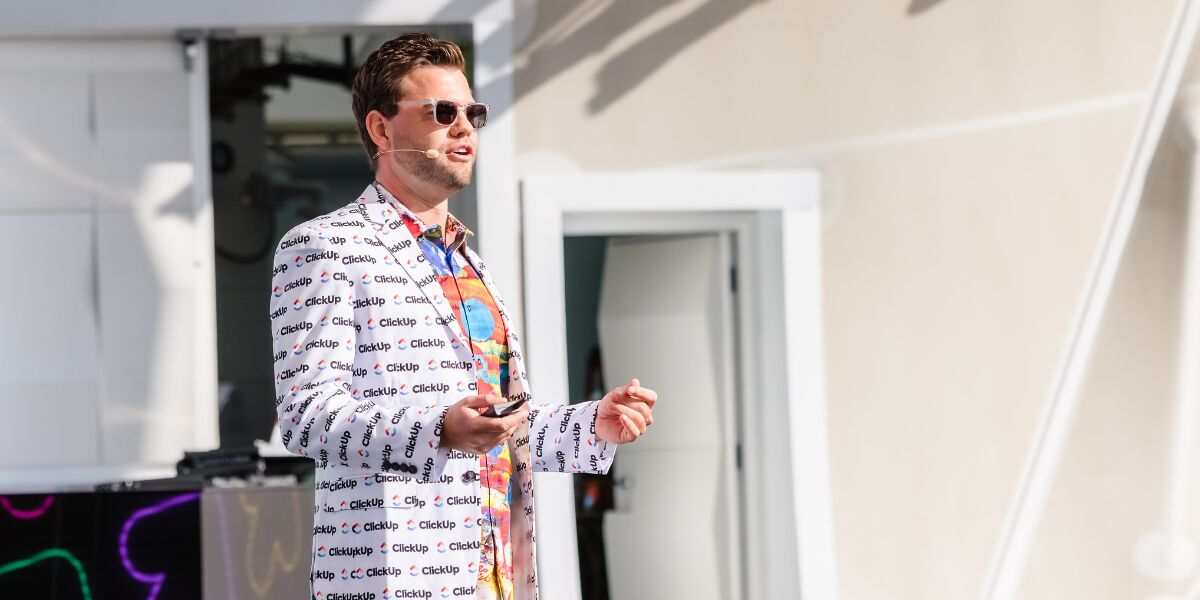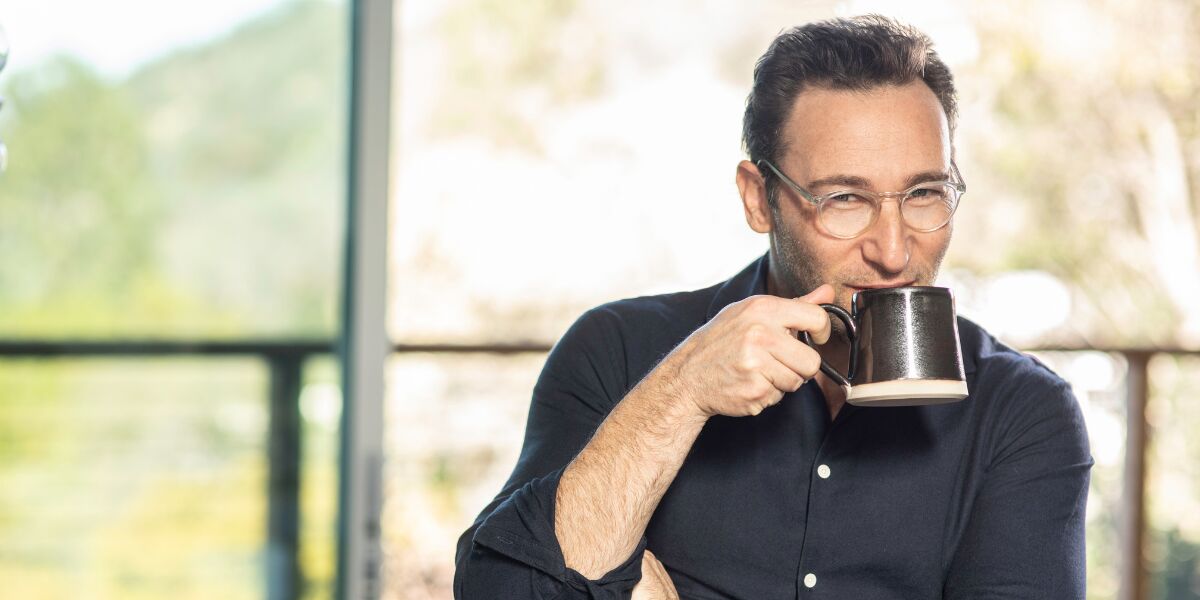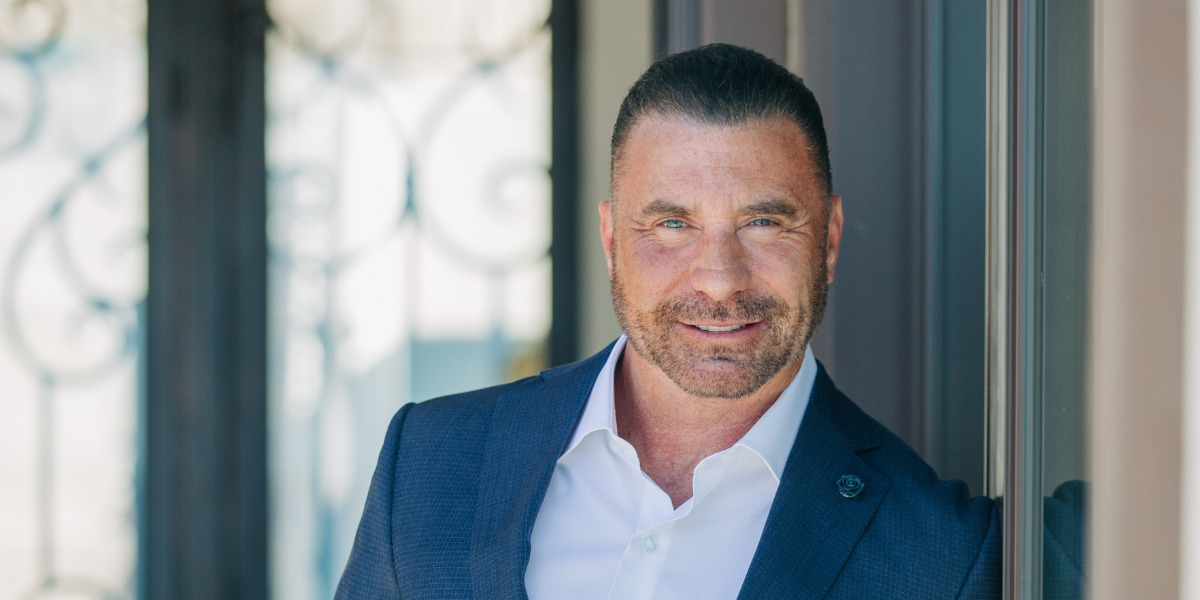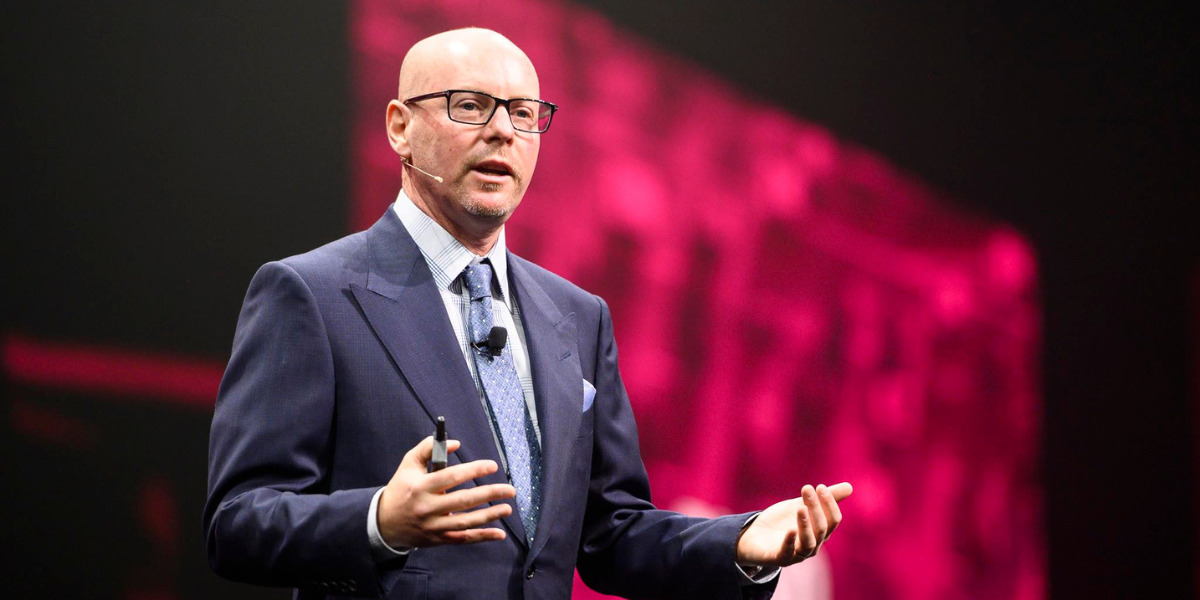“I have always lived my life by thriving on opportunity and adventure. Some of the best ideas come out of the blue, and you have to keep an open mind to see their virtue.” – Sir Richard Branson
I often find myself agreeing with Sir Richard Branson, particularly when it comes to the concept of adventure. If happiness is the goal, and Sir Richard argues that it should be, then adventures must be a top priority.
Since starting our business four years ago, my co-founder and I have had our share. Here’s a taster:
- Turned down investment from one of the dragons in Dragons’ Den
- Attended the Golden Globes and the Oscars
- Met Gary Vaynerchuk and Jamie Foxx
It’s not often you meet your heroes.
- Logged more miles than I care to mention, traveling the world
- Been featured in Inc, HuffPost, GQ, South China Morning Post, Mail Online, and on Good Morning America
- Seen the product we invented become the top-selling travel pillow on Amazon (UK and US). We now sell our Trtl Pillow in more than 60 countries
Not bad for a couple of guys from the southside of Glasgow.
And if I could pinpoint one thing; just one secret that drives our success, it would have to be viewing our business, like our lives, as an adventure—clearing our minds and enjoying the journey, just like Richard Branson would advise.
In this post, I’m going to tell you the the three main philosophical underpinnings behind what we’ve achieved over the past few years. I turn 30 at the end of the month, so forgive the introspection, and don’t worry, this will also be chock full of actionable tips on how to put these principles into practice.
In short, entrepreneurs tend to focus too much on the rough patches. With these three tips, I’m going to show how to think of your business like an adventure, so you can re-frame what you are doing in a way that will allow you to better enjoy the journey.
To Reach Success, You Must Enjoy the Journey
Remember those long car rides with your folks when you were a kid?
Do you remember the destination or the journey?
Sure, it’s great to set a destination and eventually get there. But what I remember most is counting the red and blue cars from the back seat, chatting with my parents, stopping for overnight stays, and just watching the world pass by out the window.
The journey’s the adventure.
This is the core philosophy that I learned from Sir Richard Branson, who lives life with precisely this in mind and, as a result, has been an inspiration to so many people just like me.
Want to get advice from billionaire Sir Richard Branson on how he turned his ideas into reality and built his massive empire?
Click Here To Get Free Access To Our Exclusive Interview With Sir Richard Branson!
I’m so moved when I think of people like Branson, and Sir Tom Farmer—a fellow Scot and another big inspiration for my co-founder David and me—who are now getting up there in years and reflecting joyfully on long lives of adventure and entrepreneurial success.
These are people who have accomplished so much in business and life, and yet, are still hungry for new experiences and even greater heights.
I believe that in treating your business journey as an adventure, and doing so with patience, not only will your business be better off for it, but also, perhaps more importantly, YOU will be a happier person.
A happier person like this chap.
Here’s how you can do it yourself. Let’s dive into three of the main practices I do regularly that help me stay focused on the journey and treat my life and business as an adventure.
They are not difficult to implement, but they will help you refocus and re-adjust your perspective so you can live a much more fulfilled, happier entrepreneurial life.
1. Cultivate a Mindset for Adventure
Everything begins with mindset.
It is the primary driver for how you see the world and therefore, how you perceive reality. This affects how you interpret what happens to you, including the good things and the bad things, and there will be plenty of the latter when you’re starting a business.
This mindset of adventure translates into what I do in business. I want to take risks and I want to fail. True color in life can only been seen with a contrast of emotions. We need an element of sadness to understand true happiness, failure to understand success.
Keeping this in mind primes you to absorb emotion and experience in its truest form. You focus less on the outcomes and more on the process. Absorb the full spectrum of experience and gain a sense of perspective, and as a result, you’ll enjoy it more!
Here’s an example of what I mean:
Early on in our business, we had gathered a lot of momentum (we even met Richard Branson himself!) and we were offered funding from angel investors—we thought we had hit the jackpot! We continued moving forward, but our plans started to become dependent on the investment, which was continually delayed.
Along the way, we decided to walk away from the deal. Something just didn’t feel right, and we decided to go with our guts.
While this was happening, we also had a trademark issue, which meant we lost a brand that we had worked hard to develop. This, all together, meant that we owed over $30,000 in legal fees, with no brand and very little to zero sales!
At the time, I remember it being a huge challenge. But today, I actually look back on the experience very fondly.
David and I worked out of a hotel lobby that summer. We used to order one Americano and one glass of tap water for the day, because we couldn’t really afford two coffees (David, the kind man that he is, gave me the coffee more often that he had it). We designed a new brand that became Trtl and worked out how we were going to make ends meet.
I realize now that my mindset was what allowed me to deal with what was a very difficult situation at the time for both of us. It allowed me to absorb the setbacks as part of the adventure.
There isn’t one exact moment or tactic that developed that mindset, rather it’s experiences, people, and influences that have coalesced over time. That being said, here are three things I know had a big positive impact:
Fuel Your Mindset With Reading
The knowledge you need is out there; all you have to do is find it. A good place to begin is reading books. When we were starting out, we went hunting for the breadcrumbs of success in autobiographies.
Who has been there and done it before?
What nuances can you learn from them and apply to your life?
I can recommend three books in particular:
- The Autobiography of Benjamin Franklin
- Zen and the Art of Motorcycle Maintenance
- Good to Great by Jim Collins
They had a major effect on the development of our business and our mindset. All three, in their own way, center on adventure as the guiding force of success.
Armed with inspiration, you’re able to see in your mind’s eye how someone has done it before.
Not everyone’s hard-wired for adventure like Richard Branson or Tom Farmer, so it’s useful to see how others have gone about doing things before you take your first steps as a fledgling entrepreneur.
By reading autobiographies like Benjamin Franklin’s—a man who had traveled to Europe by his early 20s, in a time when it was much harder to travel—you can gain a truly unique perspective on life and success, picking up on case studies and building theories as to why some of the best known (and some not-so-well-known) ventures were successful.
How else can you develop and nurture your mindset? Well, the bad news is that it’s a daily struggle. The good news is, it can be done! And that’s where habits come in.
Practice the Right Habits to Train Your Mindset
You need to develop habits that will help put you in the right frame of mind as easily as possible, expending the least amount of energy as possible.
Simple things like looking at your morning routine are key. Do you choose to meditate or perhaps you like to make notes in your journal? Which media are you choosing to consume before you start your day?
You need a good morning routine. If you want a great life you need to have a great start to the day. These two posts from Benjamin Hardy and David Sawyer give useful pointers.
Here are my three favorite habits for success. You should try them too.
Maintain a to-do list: Try a legal pad and some sharpies. Five tasks per day. It means you focus on the big picture, and don’t get bogged down in the details. You can also use Chrome extensions like Dayboard, but I prefer old school pen and paper.
Network: You won’t succeed in business if you don’t. But it’s the kind of activity that you need to do repeatedly, otherwise it gets pushed to the margin. The world’s wealthiest people network more than five hours a month.
Exercise and eat well: There are better things to do with your life than watch TV and binge on Netflix. You only live once. Here are a couple of posts I’d recommend on healthy eating and exercise for busy people.
Surround Yourself With the Right People
Something that’s a little harder when it comes to developing your mindset for sucess is being aware of who you are spending your time with.
Are you surrounding yourself with people who are generous, caring, glass-half-full kind of people?
Or are you spending time with people who drone on about what happened on last night’s reality TV show? To be honest, I’m simply not that interested in spending time discussing such trivial topics.
I agree with French philosopher Michel Foucault. Foucault writes that our identities are fluid, which is great, because it means we can evolve for the challenges that lie ahead.
But it also means that we need to be mindful of who and what we listen to. Developing a filter is key, and the foundation of that filter is what you want to achieve.
As a side note, it has never been so difficult, and simultaneously so easy, to develop that filter.
- It’s difficult in the sense that the amount of information now available is overwhelming, and many people find it hard to choose where to get their inspiration.
- But if you know yourself, what makes you happy, and what you’re looking for, you can strategically seek out literally anything you could ever want to know, and tune out everything else. When I was growing up, there were five TV channels in the UK. Now I can choose what I want to absorb when I want to absorb it. I choose the filter.
So how do you break away from people who are feeding a negative mindset, and filter the information you feed your brain?
It’s ultimately a choice you make once you’ve defined a goal. Once you set the goal, you make choices to reach that goal.
One of those choices will be based around what you spend your time doing. Will you watch the news for an hour or will you write a blog? Will you play Assassin’s Creed for an evening, or will you read a business book?
When you’re faced with a choice in the moment, can you see and feel the goal and make the constructive choice? Or will you give into temptation? There are seven great tips in this helpful blog post.
Takeaway: These are the three pillars of a successful mindset. All three involve setting priorities for how you spend your time in ways that align with the life you want to lead.
These three approaches have allowed me to see the forest for the trees and choose a life and business direction that is rich, exciting, and full of adventure (this is a picture of me, on the left again, with my co-founder David in Shanghai, on one of our many business adventures).
Want to get advice from billionaire Sir Richard Branson on how he turned his ideas into reality and built his massive empire?
Click Here To Get Free Access To Our Exclusive Interview With Sir Richard Branson!
2. Identify the Meaning of Your Journey
Humans are meaning-making machines.
We seek out meaning and instill meaning in every aspect of our lives. Even in smaller, frankly, meaningless things. We’re always hunting for conclusions and concocting stories to fill in the gaps. We’ve been doing this for thousands of years, well before the written word.
If we begin to wrap our heads around this fact, we can begin to reflect on these stories we tell ourselves, the meaning we instill in our lives, and ask the question: Is this helping us get to where we want to go? And if it’s not, we can change it.
Identifying the meaning in your life helps clear the mind and allows you to focus on the journey, the adventure, which is what life and business are all about.
One book I recommend is Viktor Frankl’s, Man’s Search for Meaning. It’s a story about his experience as a prisoner in the Auschwitz concentration camp during World War II, and why he believes he survived and others didn’t.
He puts it down to the thought of his wife and seeing her again. He chose to hold that thought in his mind throughout the darkest moments, and to this he attributes his survival against all odds.
This is an extreme example, but it illustrates the power of meaning very well.
Meaning doesn’t need to be accidental, it can be a choice. But that choice needs to be an authentic one that resonates with a core feeling.
For David and me that’s adventure. What matters to you?
Here’s one way we use meaning to define the journey of our company:
Within our business team, we look for meaning by talking about why certain things are important and why we are doing what we do. One thing that binds us is a love of working in a team that is truly multinational.
At our company, Trtl, the team includes people from the US, Poland, England, China, Japan, and Scotland.
We’ve spoken about how proud we are as a team that this is the case, and in a world of challenging geopolitical tensions, we think this is important. This gives us meaning.
If we can be an example of openness and thrive in a culture where we not only accept, but enjoy the differences of one another, then we believe that’s something that’s very special.
Immediately, we become more than just some people at a company.
We cultivate an environment of learning and adventure, where we hear stories of events from around the world and can imagine ourselves in the places, taking in the moment.
This adds to the experience and adventure within the team, which means we make the most of the good times that bind us together, even if there is a challenge ahead.
Takeaway: Determine your meaning in life, and use it to guide you. Mine’s adventure. What’s yours?
3. Reflect and Adjust as the Adventure Unfolds
The lovely thing about seeing business and life as an adventure is that there is no true end goal.
I mean, who ever wants to see an adventure end?!
When one goal is reached, another one is there to chase. It never ends, and because I love the journey, I never want it to end.
The magic is in holding two opposing points in your mind at one moment: You need deadlines to reach the next stepping stone in the adventure, but you also need to enjoy making each step.
No matter what happens today, there is always tomorrow to do something great.
This isn’t an excuse to procrastinate and not begin the process at all, it just means no matter what today’s results are, we can always have a different, better outcome next time.
We’ve talked about mindset and how we can improve this, and therefore the reality of the world around us.
We’ve spoken about meaning, how this is often a choice and an asset to guide us along this journey.
It’s now time to move into the nuts and bolts of what to do with the experiences the the world throws our way and learn how to reflect and adjust.
Meditation
First of all, I always try to find time for meditation. I often use the Headspace app when I’m in the mood but when I’m not, I follow the techniques I’ve learned through using it to do it independently.
I feel that meditation is a good technique to slow down the world, kind of like a “mental breather.” Other entrepreneurs do too.
It gives your mind the time and space to digest the feelings and thoughts you’ve not quite had the time to articulate yet. In many ways, it’s similar to active slow recovery jogs between speed sessions, for someone training for a competitive marathon.
As passionate as I am about having as many adventures as possible, you need the time to stop, reflect and digest, if only to appreciate what’s happened.
Journaling
The next thing I do is journal, whenever I have time.
The Artist’s Way by Julia Cameron recommends writing “Morning Pages” as soon as you wake, which is effectively a stream of consciousness, putting your thoughts on paper.
All you have to do is fill three pages of a journal every day. There is no wrong or right way to do it and you just write whatever comes into your head. Sometimes it might be some situation that’s really bothering you, sometimes a childhood memory, others some thoughts on a book you’re reading. It’s not to be read by anyone else.
For me, I basically start writing for five minutes in the morning, everything that’s going through my mind. It can be mixture of dreams, worries, frustrations, desires and whatever else. I am very honest with what’s going on in my mind. I can then think more clearly and rationally, and be more effective in my decision making.
I’ve also found that putting pen to paper is a far better way to highlight bad habits in your mind. Instead of a worry or frustration being just a thought, it becomes real when you can see it on paper. This means when you’re stressed in the moment, a bad habit’s about to take hold of you, you are that much more mindful of it happening.
This gives you the opportunity to stop any bad habit on a conscious level and, doing this repeatedly, usually remove the habit for good.
Want to get advice from billionaire Sir Richard Branson on how he turned his ideas into reality and built his massive empire?
Click Here To Get Free Access To Our Exclusive Interview With Sir Richard Branson!
Conclusion
I greatly admire Richard Branson. And Tom Farmer has also had a huge influence on my business life.
I’ve met Sir Tom on a couple of occasions in the last 18 months or so. He is a very humble man. It was Sir Tom Farmer that really lit the fire in David (my co-founder) and I when he came and spoke to our class while studying at university in Scotland.
I remember towards the end of that initial speech to our class at university all those years ago, he mentioned that he was envious of us.
Here was this great man telling a bunch of students that he would trade places with a bunch of young students. He said that we had it all in front of us, and we still had to experience most of the journey. And that he would trade his fortune to have it all in front of him again.
I try to remember that as much as I can.
And Sir Richard’s Branson’s philosophy will always guide my business.
I’m enjoying the adventure so far and I hope you will too. I would love to hear what adventures you’ve had in your business? What is the passion that drives you? Please comment below: I’ll reply to every one.

